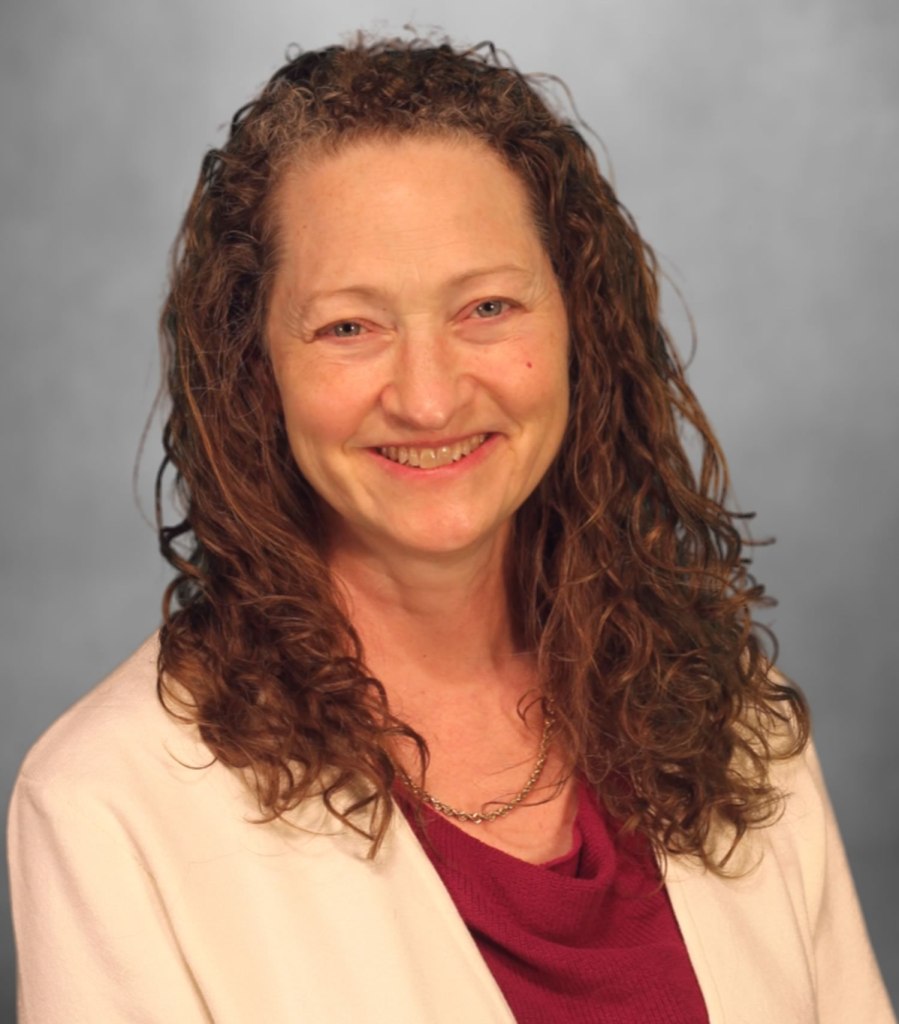AARP is one of the most vocal and active lobbying organizations in the country, using its voice to advocate for American seniors. The organization has been cautious about the reverse mortgage industry for years, which most recently manifested through its philanthropic arm, the AARP Foundation, joining a lawsuit against reverse mortgage servicer Celink and bankrupt lender Reverse Mortgage Funding (RMF).
That suit, originally launched in late 2022, claims the companies “added various types of unlawful loan servicing fees that violate reverse mortgage contracts and federal and state laws” according to a review of the initial court complaint obtained by RMD.
To better understand why the Foundation elected to join that lawsuit now and its overarching posture toward the reverse mortgage industry, RMD sat down with Julie Nepveu, senior attorney at AARP Foundation.
Keeping an eye on HECM
Nepveu explained that it should be clear that the reverse mortgage business is something that AARP is always paying attention to at several levels within its organization.
“AARP is watching what the industry is doing,” she said. “At AARP Foundation in particular, we have been at the forefront of protecting older borrowers since the inception of this program. And I don’t think it’s any secret to any of your readers that we have been watching and paying attention to, and every now and then we [pursue] a lawsuit or a practice that needs to be raised as a litigation matter because it’s not being dealt with as a policy matter. We’re happy to serve in that role.”

This suit barely predates the collapse of RMF, having taken place more than a year ago. When asked why now was the time for the AARP Foundation to become involved, Nepveu explained that it had reached a certain stage that made it prudent for the foundation to enter the fray.
“We’re waiting for the class cert motion against RMF, and we’re waiting for a decision on the motion to dismiss that’s been pending for a while now,” she said. “And the reason that we became involved in this case at this point is that discovery is now becoming available.”
The AARP Foundation is also active in Shakespeare v. Live Well Financial, another case involving Celink and RMF that alleges that the companies improperly paid property taxes before they became due without legal justification or notice.
“We have been co-counsel in that case for a long time, since its inception, and now that discovery is starting to flow. It was time to get involved in this case, too, because the discovery is coming from this case rather than the Shakespeare case.”
RMF as a bankrupt entity, ideal outcome
Despite closing up shop over a year ago, RMF’s collapse continues to have ripple effects across the reverse mortgage industry in everything from its HECM-backed Securities (HMBS) portfolio to wider industry liquidity. As its bankruptcy continues to play out in a Delaware court, RMF has notably not assigned legal representation to this case.
This past October, RMF’s bankruptcy plan administrator notified the court that it “does not intend to appear on behalf of RMF or file any responsive pleadings” in connection with the case. The plaintiffs, however, have stated they will continue to pursue the company’s estate on this matter.
“We absolutely hope that the court will grant class certification [against RMF],” Nepveu said. “After class certification is granted, we’ll see whether we can pursue anything else. AARP has not agreed to enter into anything beyond this case. So, if anyone goes after RMF, we’ll have to make that decision at that time.”
The AARP Foundation also hopes to accomplish a few specific objectives in seeking this action out, she explained.
“This complaint alleges some practices that we think are harmful to older homeowners, and we hope to stop those practices,” she explained. “And then the second thing we hope to do is to correct any of the loan balances that have excessive fees, interest or inspections and appraisals. We hope to remove those from [the affected] loan balances, to correct what we think is overcharges.”
Ultimately, the Foundation believes that such outcomes will lead to “better notices to borrowers,” she said, providing the kinds of notices “that we think they should have been giving all along,” Nepveu explained.
Look for more from the AARP Foundation about its outlook for the reverse mortgage program soon on RMD.





